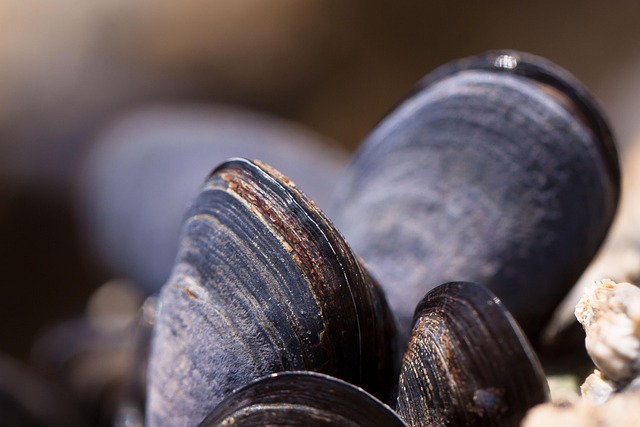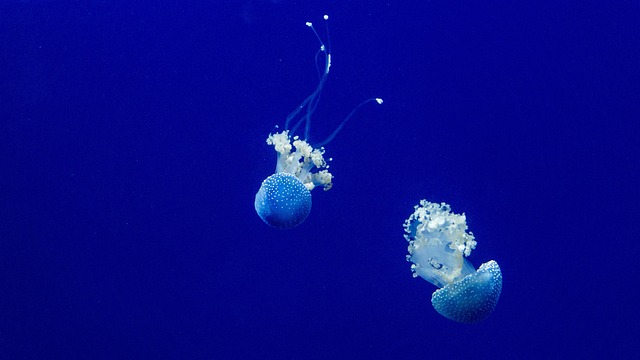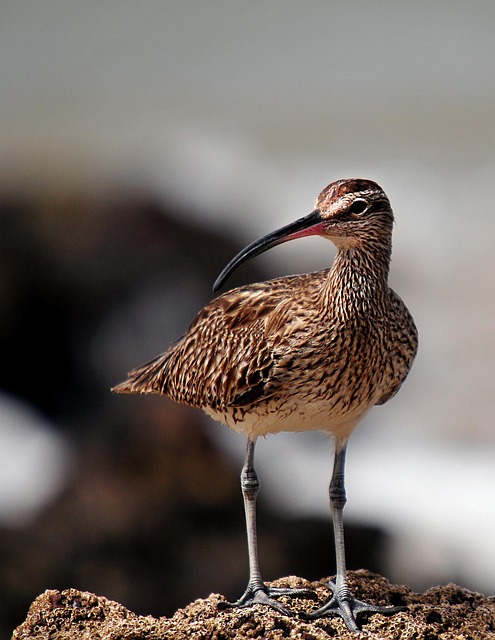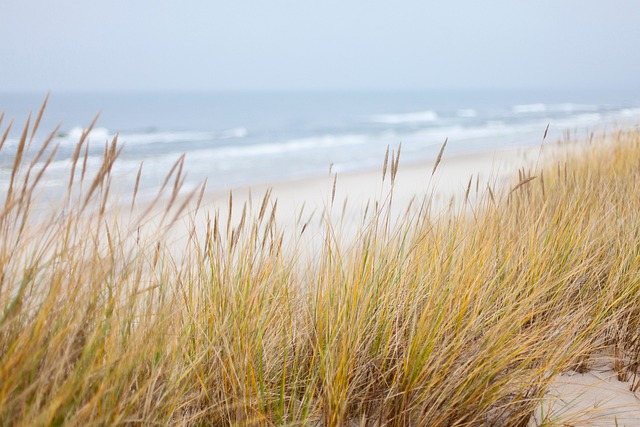Florence, Oregon's coastal region boasts a vibrant marine ecosystem due to its unique geographical location near the Pacific Ocean, combining cold, nutrient-rich waters with warmer currents. Local nature reserves protect vital habitats like rocky shores, tidal pools, and salt marshes, serving as nursery grounds for numerous species, including fish, shellfish, birds, and other marine life. These protected areas are crucial for maintaining ecological balance and drawing both locals and tourists. The community actively engages in conservation initiatives, focusing on beach cleanups, monitoring programs, and promoting sustainable practices to safeguard the region's marine ecosystem for future generations.
“Florence, Oregon, boasts a rich marine ecosystem that demands protection. This coastal gem is home to diverse habitats, from rocky shores to tidal pools, teeming with unique marine life. This article explores the critical role of Florence’s nature reserves in safeguarding these delicate environments. We delve into how community involvement and collaborative efforts contribute to marine conservation initiatives. By examining current practices and future prospects, we highlight the enduring significance of preserving Florence’s natural treasures for generations to come.”
- Understanding Florence's Marine Ecosystem and Its Significance
- The Role of Nature Reserves in Protecting Coastal Habitats
- Community Involvement and Future Prospects for Marine Conservation in Florence, Oregon
Understanding Florence's Marine Ecosystem and Its Significance

Florence, Oregon, boasts a rich and diverse marine ecosystem that stretches along its coastline. Home to various flora and fauna, this area is teeming with life, making it a vital hotspot for marine conservation efforts. The city’s proximity to the Pacific Ocean creates a unique environment where cold, nutrient-rich waters meet warmer currents, fostering an abundant food chain.
Florence’s marine ecosystem plays a crucial role in the region’s overall health and balance. Local nature reserves protect critical habitats, such as rocky shores, tidal pools, and salt marshes, which serve as nursery grounds for many species. These areas are essential for the survival of fish, shellfish, birds, and other marine life, contributing to the thriving ecosystem that attracts both local residents and tourists alike.
The Role of Nature Reserves in Protecting Coastal Habitats

Florence, Oregon’s stunning coastline boasts a diverse array of marine life and delicate habitats. To safeguard this natural treasure, several nature reserves have been established along the shores. These protected areas serve as vital sanctuaries for various species, from rare plants to endangered fish and birds. By preserving coastal ecosystems, Florence nature reserves play a crucial role in maintaining ecological balance and ensuring the long-term survival of these diverse communities.
The reserves offer a haven where human activities are carefully regulated, allowing marine life to thrive without disturbance. They provide essential habitats for breeding, nesting, and feeding, facilitating the reproduction and growth of various coastal species. Moreover, these protected zones facilitate scientific research and education, enabling experts to study and monitor coastal ecosystems while raising awareness about their fragility among local communities and visitors alike.
Community Involvement and Future Prospects for Marine Conservation in Florence, Oregon
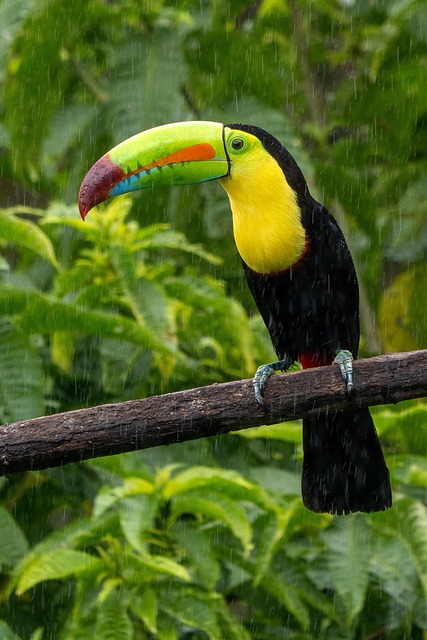
Florence, Oregon’s commitment to marine conservation is a testament to the community’s deep connection with its coastal environment. Local residents actively participate in various initiatives, such as beach cleanups and monitoring programs, showcasing their dedication to protecting local Florence nature reserves. This collective effort not only cleans up litter but also provides valuable data on marine life and ecosystem health.
Looking ahead, the prospects for marine conservation in Florence appear promising. Educational programs aimed at engaging young people and fostering environmental stewardship are gaining traction. As awareness grows, future efforts will likely focus on sustainable fishing practices, protecting endangered species habitats, and promoting eco-tourism that respects the delicate balance of the region’s marine ecosystem. These collaborative approaches hold the key to ensuring a thriving ocean environment for generations to come.
